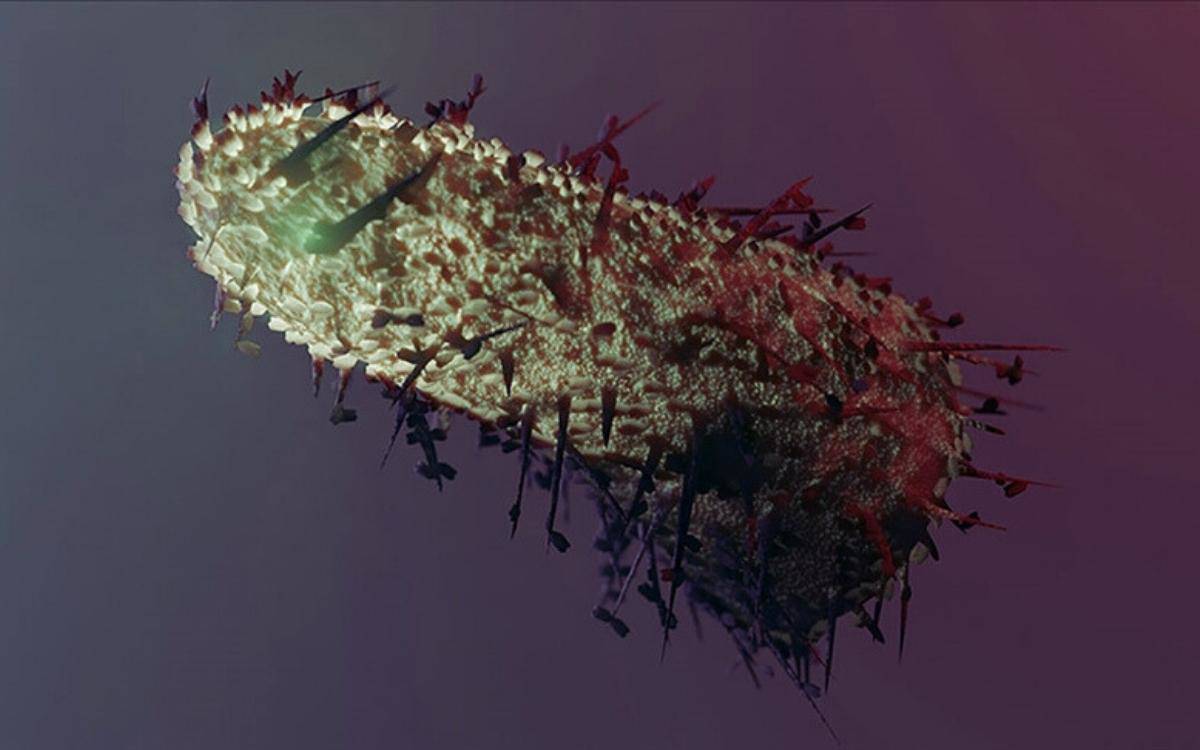Turkish Medical Association (TTB), Turkish Veterinary Medical Association, Turkish Clinical Microbiology and Infectious Diseases Association, and Veterinary Physicians Association jointly released a statement today highlighting the importance of taking rabies prevention and educational public health initiatives seriously from a scientific perspective.
The healthcare professionals stated that with the correct approaches, rabies is a preventable disease and emphasized the possibility of living in harmony with cats, dogs, and nature.
September 28 marks the death anniversary of Louis Pasteur, the pioneer of the rabies vaccine, and is observed as World Rabies Day.
Relationship with nature and animals
Here's a summary of the statement released by the four professional organizations:
"The significant increase in the number of rabies cases in Turkey in recent years is alarming. The reasons behind the rising number of cases are multifaceted and include factors related to our relationship with nature and animals, societal structure, education, and the healthcare system.
"The situation where public authorities have compromised the healthcare system has created serious weaknesses in providing the correct prophylaxis for risky contact following rabies exposure and in patient follow-up. As we have repeated many times before, it is absolutely unacceptable that rabies-related deaths are still occurring 138 years after the introduction of the vaccine."
Lack of programs
"Furthermore, we observe a significant level of public confusion regarding the primary preventive measure, which is reducing risky contact with animals. In our country, emergency service admissions due to risky contact and animal bites are significantly higher than the world average. The primary reason for this is the absence of any program by the public authorities to address this issue.
"Unfortunately, there is no veterinary public health authority in our country, which would provide the most important service in preventing diseases that can be transmitted from animals, including rabies.
Concerning debates
"We are closely following debates that are incited by certain groups and are absolutely unacceptable within the framework of universal medical values, such as mass culling of animals, which could open the door to new ecological crises. On the other hand, animal shelters, which are extremely insufficient in number and represent death rather than life for animals, exacerbate the problem rather than contributing to a solution.
"The solution to the problem lies in the detailed sharing of rabies-related data with the public by the Ministry of Health, and the coordination and support of institutions fighting rabies, and rapid implementation of measures. It should also not be overlooked that there is a significant number of volunteer animal lovers who could support the implementation of measures if the public authorities show the will to do so." (TY/VK)






